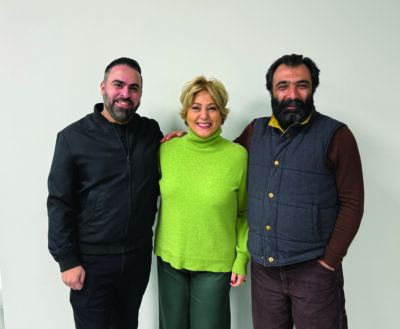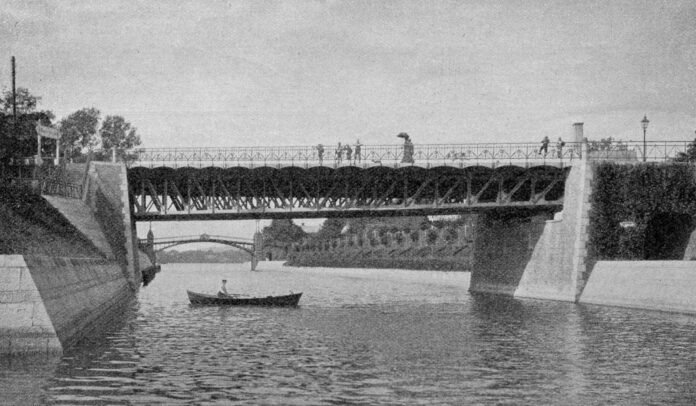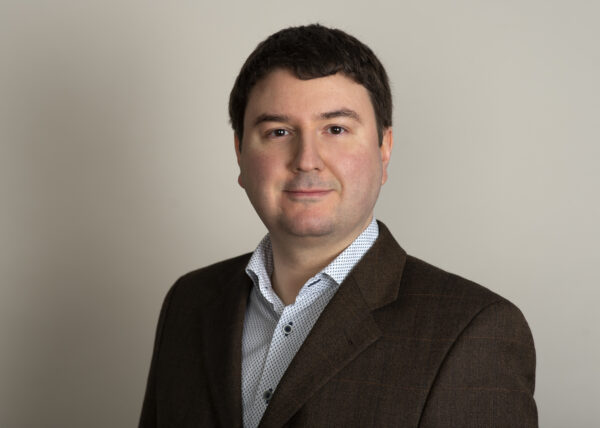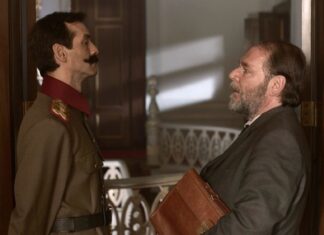POTSDAM — Germany is known for its culture of remembrance, manifest in official acknowledgement of heinous crimes committed by previous governments in history, from the massacre of the Herero and Nama in 1904-1908 in Namibia, to complicity in the Ottoman genocide against the Armenians and other Christian minorities, to the Holocaust.
Recognition of the genocide committed by the Young Turks during World War I came only in 2016. The text of the Resolution passed by the Bundestag (Parliament) on June 2 that year clearly “deplores the deeds of the then-Young Turk government” which perpetrated the mass murders and “regrets the ignominious role of the German Empire,” which, as the Ottomans’ wartime ally, failed to intervene. The resolution furthermore stated it was the “task for education in Germany, in schools, universities, and political formation to take up study of the expulsion and extermination of the Armenians, including it in curricula and textbooks, as part of the study of the history of 20th century ethnic conflicts, to transmit this to future generations.”
How, then, could it be possible for a bridge in Potsdam, a city near Berlin, and capital of the state of Brandenburg, to carry the name of Young Turk leader Ismail Enver Pasha, wartime Minister of War and, together with Interior Minister Talaat Pasha, chief perpetrator of the genocide? One day in 2021, a local resident posed this question to a city councilwoman, whose response led ultimately to a successful initiative to remove the name.
Constituency Politics at Work
Dr. Anja Günther, a member of the Sozial.Die Linke (The Left Party) faction on the Potsdam city council, relates the story. A citizen of Potsdam was going for a walk along the Teltow Canal in late 2021, and at the location of a former bridge recognized the name “Enver Pasha” as that of a war criminal. He went to talk to his city councilor and asked if she were aware of the significance of this name. Günther is a biochemist by education and training. As a local political representative, she has dealt mainly with issues related to finance and urban development and had not been involved in remembrance culture. But, alarmed by what her constituent told her, she investigated the matter and decided to take action.
Her research on the history of the bridge revealed that it was built in 1901, named after Enver Pasha in 1915, and exploded in 1945 by soldiers of the Wehrmacht. In its place is a steel girder construction for supply lines, but the location was still known by the same name.









